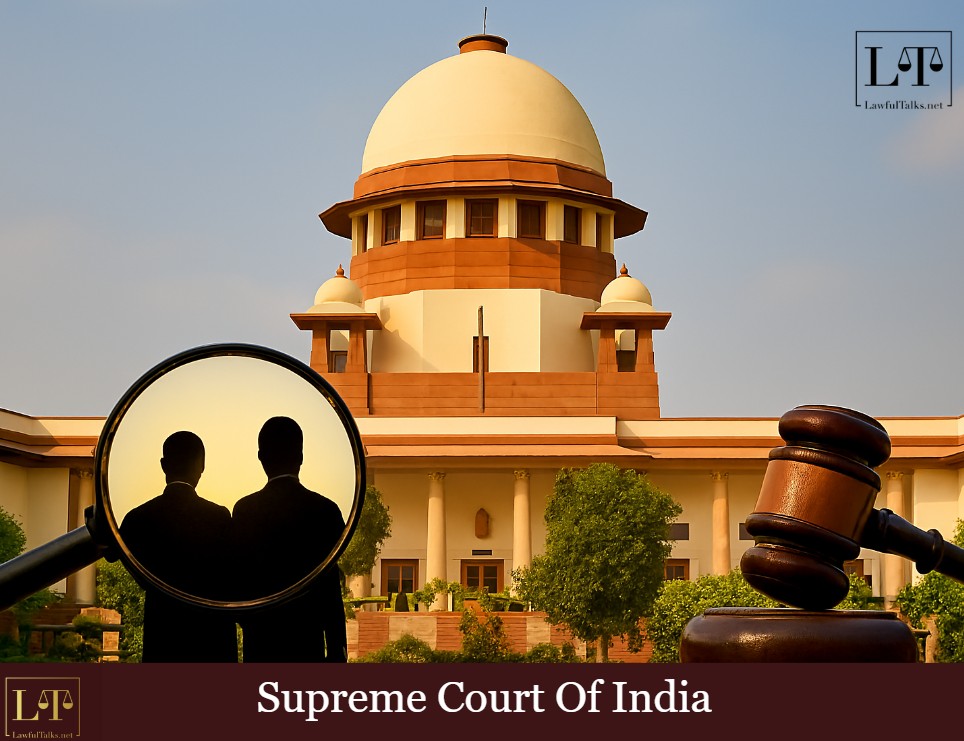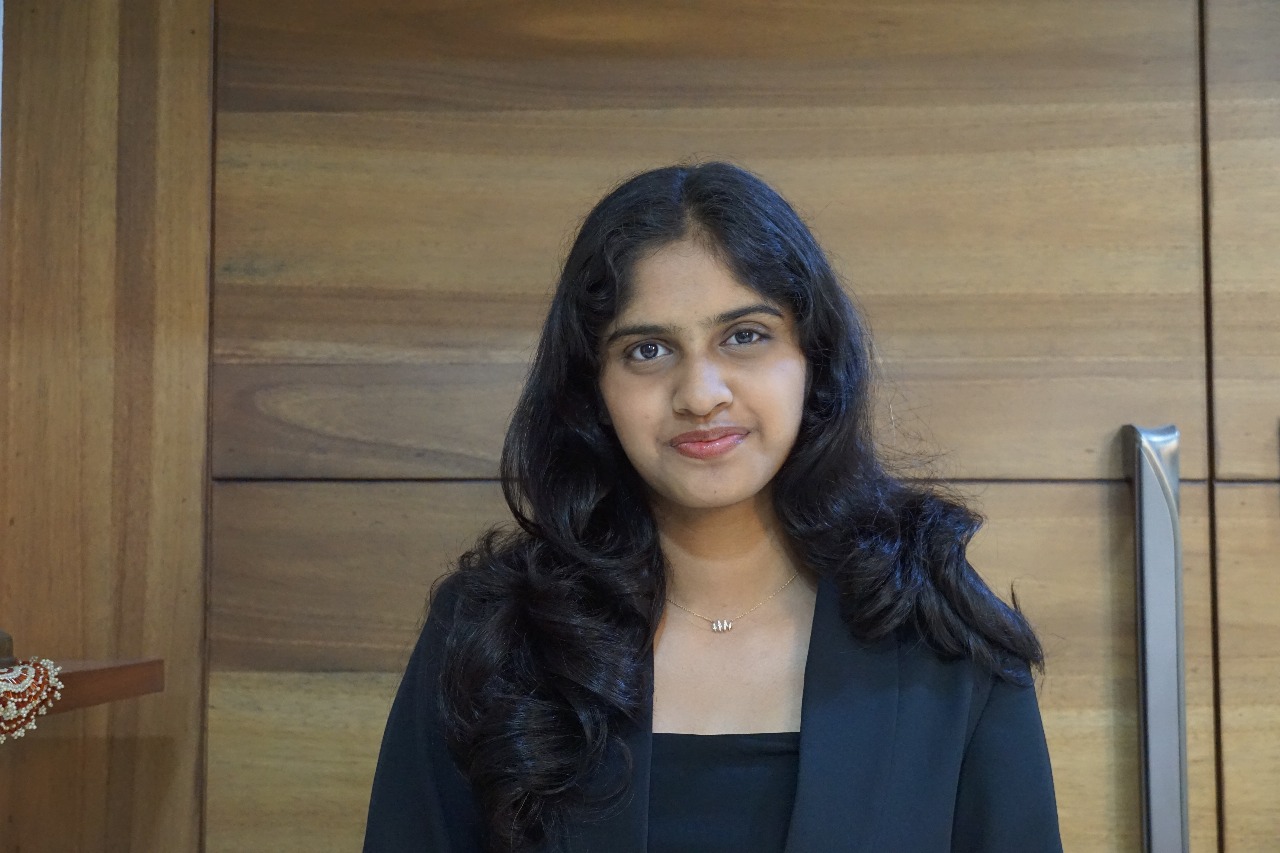Allahabad HC Sets Aside Afzal Ansari's Conviction, Allows Him to Continue as MP

The Supreme Court bench of Justice Ahsanuddin Amanullah and Justice SVN Bhatti recently set aside the grant and confirmation of bail to a couple accused of defrauding a private company of over ₹6 crore, citing procedural lapses and lack of judicial discipline at multiple levels in their ruling.

In M/S Netsity Systems Pvt. Ltd. vs. State Government of NCT of Delhi & Anr., the couple allegedly received ₹1.9 crore as payment for transferring a parcel of land that had already been sold and mortgaged. With accrued interest, the company’s total claim had risen to more than ₹6 crore.
Brief Facts:
The dispute began after M/S Netsity Systems Pvt. Ltd. lodged a complaint against a couple accused of taking ₹1.9 crore on the pretext of transferring a parcel of land, only for the company to discover that the property had already been sold and mortgaged. Including accrued interest, the company claimed losses exceeding ₹6 crore.
A criminal case followed: a complaint was filed in 2017, and an FIR was registered in 2018. The Delhi High Court initially rejected the accused’s plea for anticipatory bail, sharply criticizing their repeated filing of false repayment undertakings before the court.
Despite this, the Additional Chief Metropolitan Magistrate(ACMM) granted them regular bail in November 2023 after the chargesheet was filed. That bail order was upheld by the Sessions Judge in August 2024, and the Delhi High Court later declined to interfere with it.
The Apex Court division bench discovered glaring deficiencies in the lower courts’ handling of the bail proceedings. The Bench noted that the Additional Chief Metropolitan Magistrate(ACMM) and the Sessions Judge had not applied settled principles faithfully and had resorted to mechanical reasoning, without taking note of the past wrongdoing of the accused and the unfavourable comments of the High Court.
The bench observed, “Bail matters are primarily to be adjudicated on the facts and circumstances, before applying any principle of law. In light of the glaring factual matrix, bail ought not to have been granted.”
“Before parting, we would be failing in our duty if we turned a blind eye to the manner in which the ACMM granted bail to the accused and the Sessions Judge refused to interfere with such grant of bail. In the facts herein, we deem it appropriate that the Judicial Officers who passed the Orders dated 10.11.2023 and 16.08.2024 shall undergo special judicial training for a period of at least seven days. The learned Chief Justice, Delhi High Court, is requested to make appropriate arrangements for such training at the Delhi Judicial Academy, with particular focus on sensitizing the Judicial Officers on how to conduct judicial proceedings, particularly in matters where decisions of Superior Courts are involved and the level of weightage to be accorded thereto” the court emphasized.
Court’s Order:
Consequently, bail orders of the ACMM, the Sessions Judge and the High Court were set aside and the accused were directed to surrender within two weeks. The Court ordered special judicial training of at least seven days to both the judicial officers involved in the defective bail orders.
An inquiry into the conduct of the investigating officer was commissioned by the department and the Delhi Police Commissioner was directed to finalize the inquiry immediately because of the perceived lapses and doubtful behavior in bail hearings.
Case Title: MS Netsity Systems Pvt Ltd. vs. The State Govt. of NCT of Delhi & Anr.
Appearance:
For Complainant: Senior Advocate Jitendra Sethi, along with advocates Keshav Sethi, Bharat Kashyap and Anmol Anand.
For State: Additional Solicitor General SD Sanjay and Senior Advocate Nachiketa Joshi along with advocates Shubham Prakash Mishra, Subh Sharma, Mukesh Kumar Maroria, Digvijay Dam, BK Satija, Santosh Kumar, Aaditya Dixit and Abhinav Mishra.
For Respondent: Senior Advocate Shoeb Alam along with advocates Chayan Sarkar, Arshnit Sandhu, Karan Bindra and Rajesh Sharma.
Leave a Comment

Nikita Muddalgundi
Second Year, B.A. LL.B student
Latest Posts
Categories
- International News 19 Posts
- Supreme Court 317 Posts
- High Courts 330 Posts





















































































































































































































































































































































































































































































































































































































































































